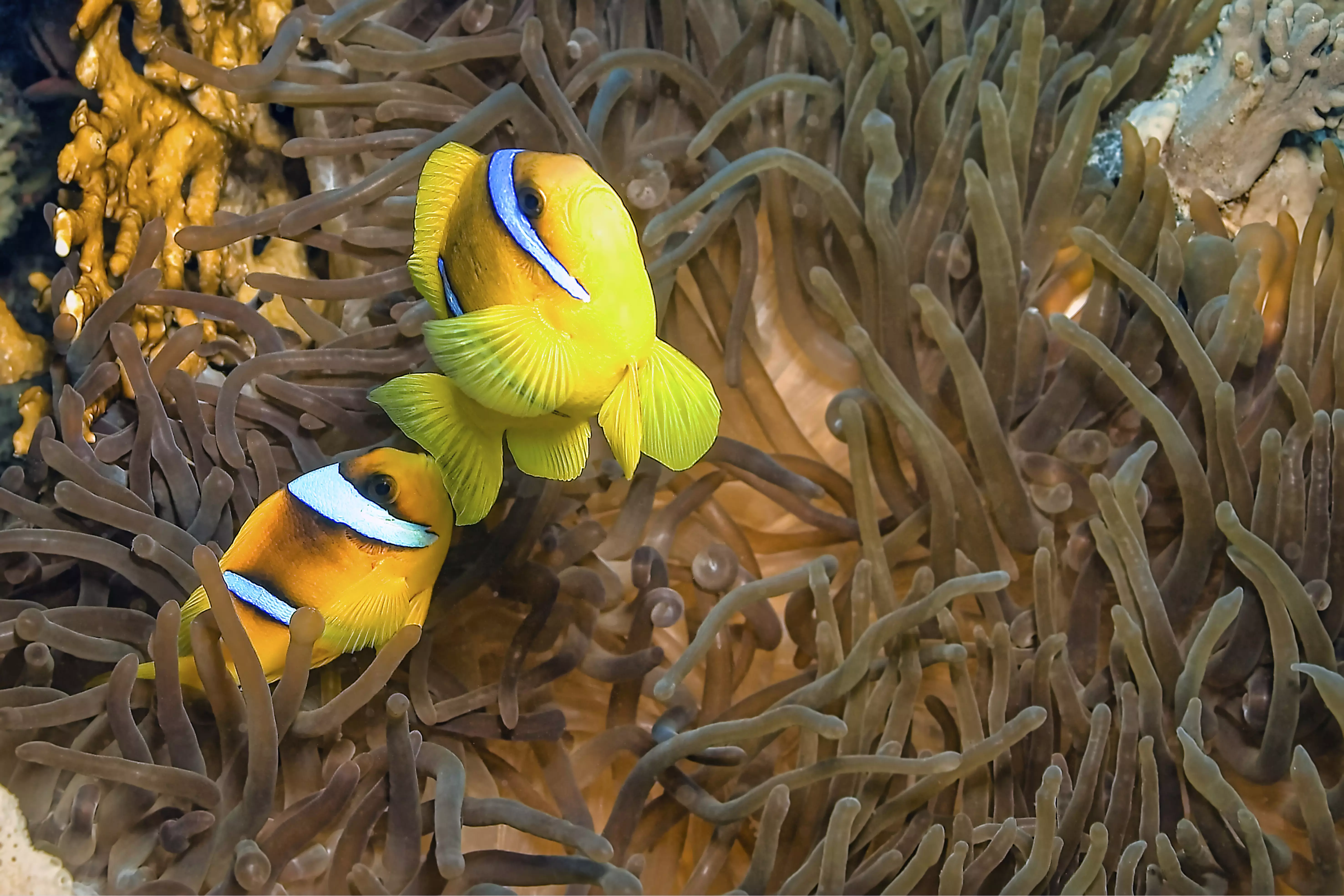Origins of fish zoology
Fish zoology, which is a scientific discipline concerned with the study and description of the diversity and biology of fish, has its origins in the ancient world. The first references to fish appeared in the treatises of the ancient Greeks and Romans, who observed and described the various species found in the seas and lakes.
Today, fish zoology is one of the most developed areas of biology. This department focuses on the scientific study of fish, their morphology, anatomy, development, physiology, ecology and classification. There are many specialized areas of fish zoology, such as their behavior, paleozoology, and their impact on aquatic ecosystems.
Diversity of fish
In the field of fish zoology, the most common division is the classification of fish into two groups: bony fish and cartilaginous fish. Bony fish, as the name suggests, have an internal skeleton made of bones. Among bony fish, we can distinguish different clusters, such as ray-finned, bony-tongued, and shoal-finned.

Cartilaginous fish, on the other hand, have a skeleton built of cartilage. This group includes species such as sharks, rays and skates. The two types of fish differ, among other things, in their anatomical structure and the way they breathe.
Fish biology
Fish biology covers a wide range of topics, from the study of anatomy and morphology to physiology and ecology. One of the interesting aspects of fish biology is their reproduction. Fish can reproduce both sexually and asexually. Some fish species, such as swordtails, have the ability to reproduce parthenogenetically, that is, to create offspring without the male.
Fish are also known for their diversity of behavior. Some fish species have a solitary lifestyle, while others prefer to live in flocks. Another interesting issue in fish biology is migration. Some fish species carry out long and often extremely complicated migrations, moving considerable distances to spawn or find suitable environmental conditions.
Importance of fish to aquatic ecosystems
Fish play an important role in aquatic ecosystems. They are one of the key links in the food chain. Some fish species are predators that control the abundance of other organisms, such as plankton and invertebrates, maintaining the balance of the ecosystem.
Fish also have an impact on water quality. For example, they are able to control the amount of algae by eating them. In addition, some fish species are sensitive to chemical pollutants in the water, making them indicators of the state of the aquatic environment.
Summary
Fish zoology is a branch of biology that deals with the study and description of the diversity and biology of fish. It has a long history, dating back to antiquity. Nowadays, fish zoology is developing rapidly, providing a lot of important information about these fascinating creatures. The diversity of fish, their biology and their impact on aquatic ecosystems are the main research issues in this field. It is worth noting the importance of fish for maintaining the balance of aquatic ecosystems and for monitoring the state of the aquatic environment.
Add comment